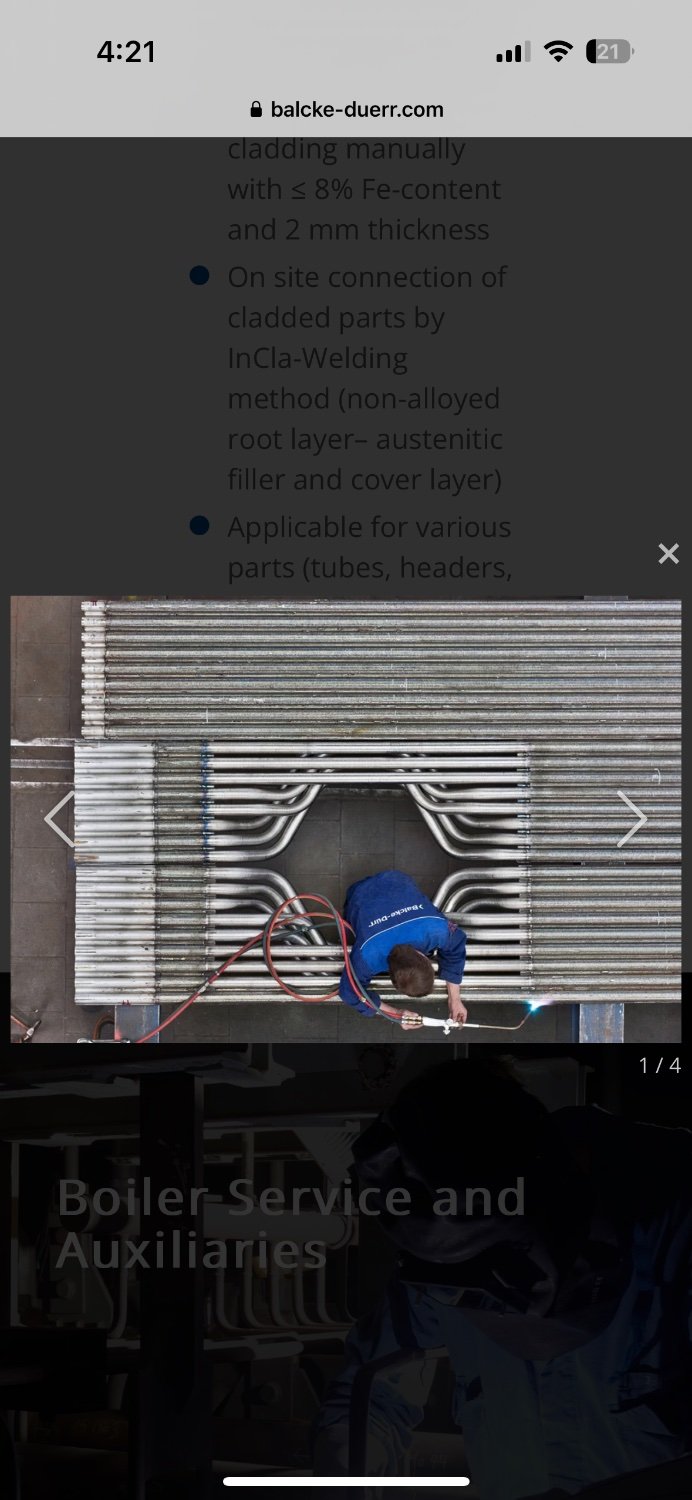I believe this is the inside of an industrial, water-tube boiler. Like where it is being manufactured. If you look in the upper left, you can see tubes to be welded in. It isn't a perfect match, but those openings in the pipes look like where blowdown piping would go in. Source, I designed piping systems for these.
Edit: If you click on the small images on this page you can see a lot of piping that looks just like this: https://balcke-duerr.com/en/service-solutions/boiler-projects-services/
That said, it is really difficult to get a sense of scale here and this could be some much smaller heat transfer device that just uses the same design.

